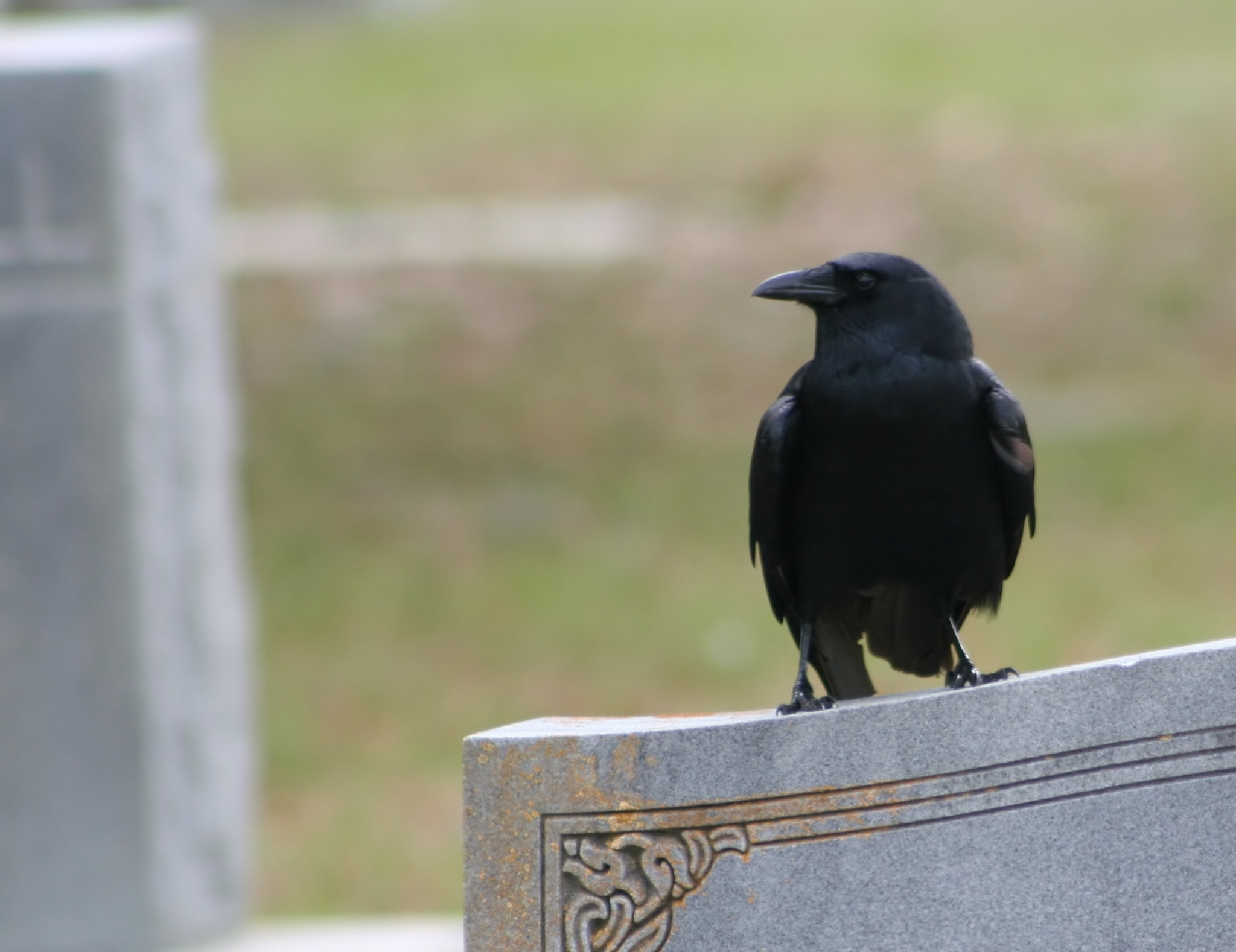CL Bledsoe
I’ve been publishing my work consistently for ten or twelve years now, and even in that short time, publishing has changed a great deal and continues to do so. No “serious” writer would’ve even considered putting out an ebook a decade ago, for example, and online publishing, in general, was questionable at best. I remember only sending my “B” material to online journals when I was starting out and saving my “A” stuff for print. Of course, this was hilariously misguided when you consider that those “B” pieces probably garnered thousands of views on even the most obscure websites (many of which are still around) whereas the “A” stuff might’ve been read by a couple hundred people at best before heading to the shredder or being filed in a library’s archives. This isn’t to say that plenty of online journals aren’t fly-by-night, but so are print ones. And plenty of folks argue that those library archives are the key to immortality whereas internet publications will disappear, but let’s be real. The odds of being posthumously discovered and “resurrected” are pretty unrealistic. But if that’s your raison d’etre, bully for you and have at it. The real challenge has always been deciding which venue is best for one’s work.
When I was starting out, I carpet-bombed. This is a term I learned from one of the more prolific writers I’ve known – the extremely talented poet Simon Perchik, who’s had thousands of poems published both online and in print. What it means is I would send my work anywhere, places I’d never heard of, places I knew nothing about. There are some downsides to this: 1. It can piss people off. A buddy told me once about how he sent a story to a for-women, by-women journal. (His story wasn’t about or by a woman.) A better use of one’s time would be to actually read the journals, see what they’re looking for, and see if you actually like that journal because, 2. Your work might end up in a crappy journal. This has happened to me. I once had a poem published (online) and when I checked it, noticed that the editor had included “Bledsoe 2” in the middle of the poem. I emailed him about it, and he said, “Yeah, I wondered what that was.” (It was the page number because it had been a 2-page poem, and wasn’t needed on this website’s format.) Which brings me to the fundamental question: what am I trying to accomplish by sending my work out?
Let’s backtrack and consider this. When I was starting out, I sent short pieces out to journals because I was trying to build up a body of published work, like building a resume. My goal was to attract the attention of presses and hey, maybe an agent. At a certain point, for me, this shifted to a simple desire to get my work out there for people to read. Another thing I use journals for is a kind of dry run of a piece. This has just sort of happened. If I send a story to twenty places and nobody bites, it probably needs work. Regardless, publishing in journals can lead to book deals. Perchik, again, talks about publishing work in journals run by presses, and once he’s impressed the editors, having a book solicited. Of course, this is small-press publishing we’re talking about, but for poetry or short fiction collections, that’s pretty much what you’re looking at.
A better path to getting noticed by agents or larger presses would be entering contests. There are drawbacks to this: 1. They tend to cost money. This can get expensive, especially for a broke-ass writer. 2. they’re rigged. Okay, not every contest is rigged, but a lot of them seem to be. There’s been a lot of press about this, judges awarding former students and even spouses, for example. Most contests have combatted this by requiring all entries to be submitted without the author’s name and for those with close connections to the judges not to enter. So be sure to look for that kind of wording in contests. Still, if you pay attention, it’s easy to spot that certain contests still show favoritism to certain people. So you have to do your homework and be careful. And realize that it’s a risk. But it might be worth it. My thinking on contests for a long time was that everybody and their brother enters contests, so the odds of me winning are too low to bother with. I’ve since judged a couple contests, and I have to say, I could take most of the competitors. So, just like with publishing in general, it’s all about targeting your market.
That brings us back to what I’m trying to accomplish by sending my work out. There are fifty million online journals. Seriously, go count them. I’ll wait. So it’s not hard to get published. But nobody’s heard of Billy Bob’s House of Reads and one wonders if publishing with them will accomplish much for you. Even though much about publishing has changed, some things remain the same: there are still certain journals (and presses) whose names bear weight. I’m not going to go into why they bear weight and whether they should, but they do. So how do I get my stuff in there? Well, you don’t. I mean, it’s really hard so you should give up. Personally, I’m just starting to break into these journals (mostly the more selective university journals) and the only advice I really have is build a relationship with the editors. This can be done in several ways. You can try to beat them down by sending unsolicited work over and over for twenty years until they finally publish you. But let me point out that I’ve worked as an editor at a couple journals, and what I’ve found is that this hardly works. If a journal recognizes you because they’ve rejected you twenty times, they’re probably going to send your stuff straight to recycling and get to the next two thousand submissions. Sad but true. Some people will review for that journal and work their way over to regular submissions. If it’s a local journal, get out there and do some readings. Get noticed. Bribe them. Take pictures of them committing crimes. Whatever works.
CL Bledsoe is the author of the young adult novel Sunlight; three poetry collections, _____(Want/Need), Anthem, and Leap Year; and a short story collection called Naming the Animals. A poetry chapbook, Goodbye to Noise, is available online at www.righthandpointing.com/bledsoe. Another, The Man Who Killed Himself in My Bathroom, is available at here. His story, “Leaving the Garden,” was selected as a Notable Story of 2008 for story South‘s Million Writer’s Award. His story “The Scream” was selected as a Notable Story of 2011. He’s been nominated for the Pushcart Prize 5 times. He blogs at Murder Your Darlings. Bledsoe has written reviews for The Hollins Critic, The Arkansas Review, American Book Review, Prick of the Spindle, The Pedestal Magazine, and elsewhere. Bledsoe lives with his wife and daughter in Maryland.


